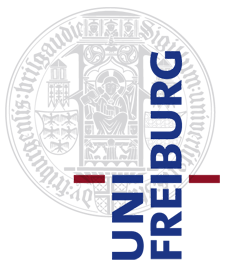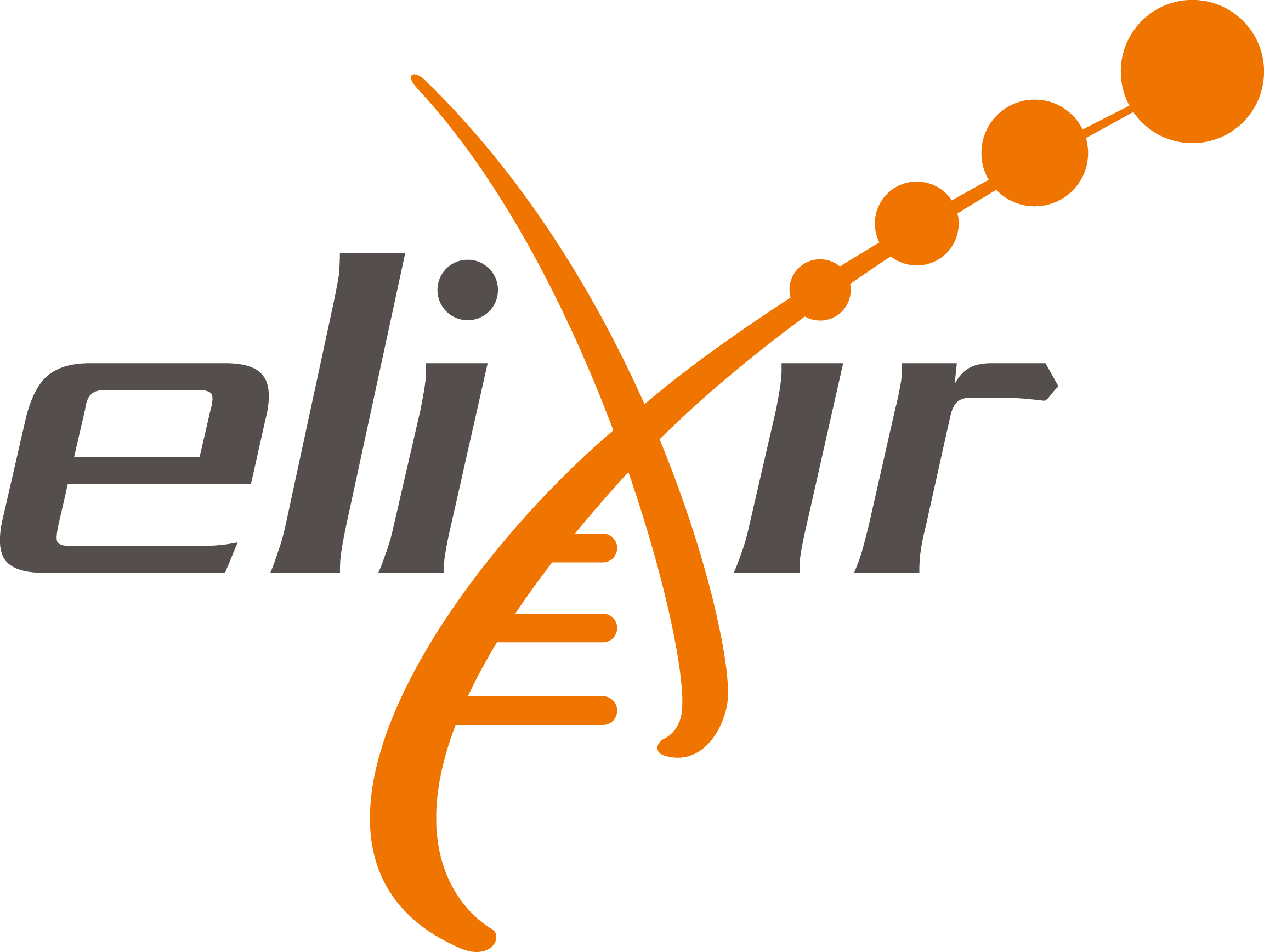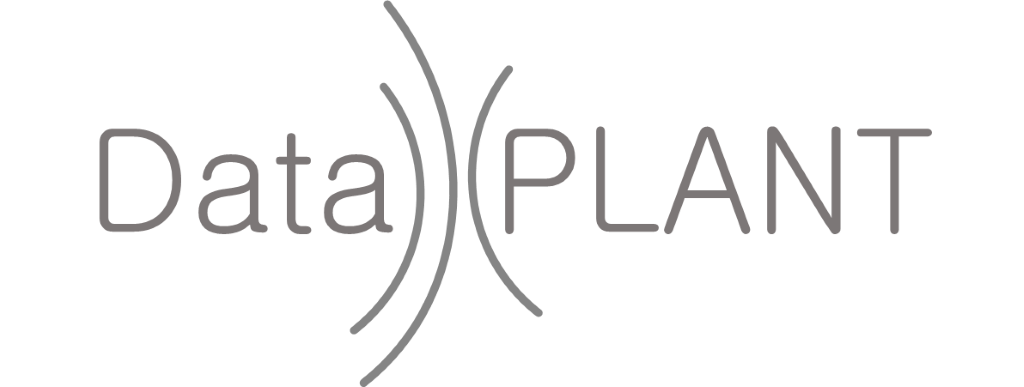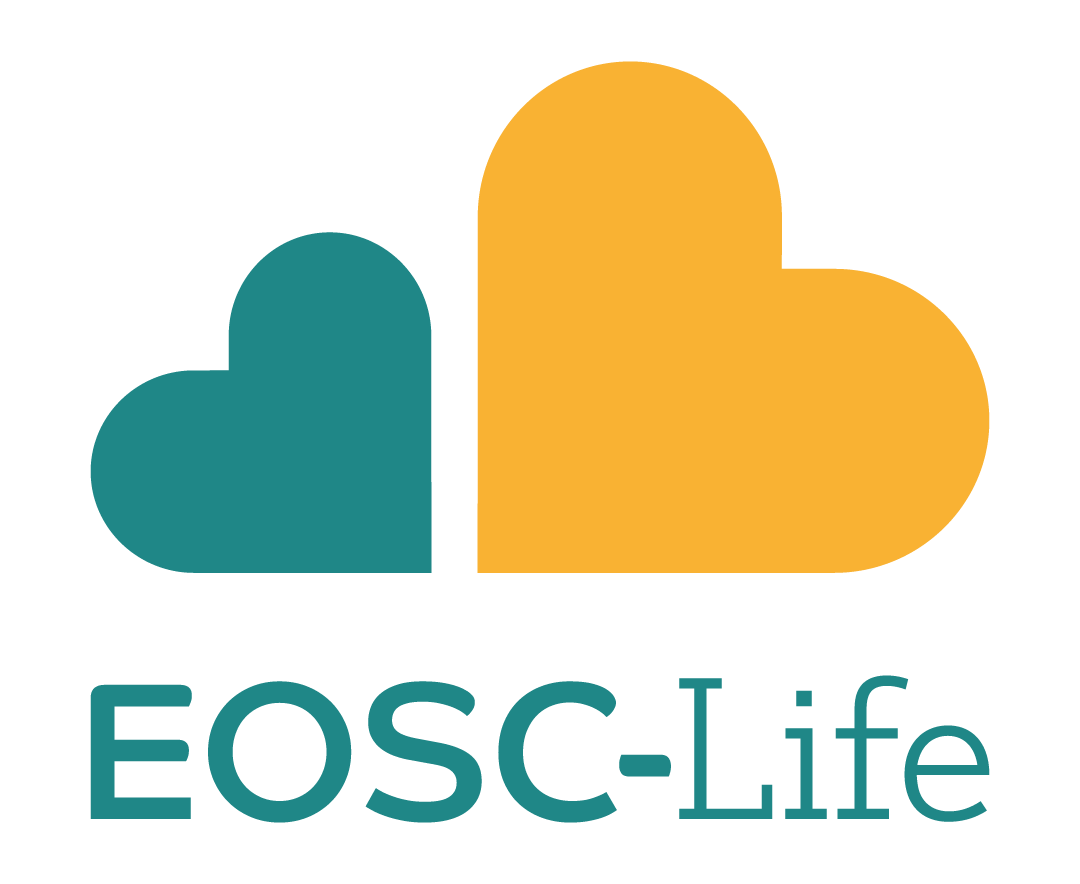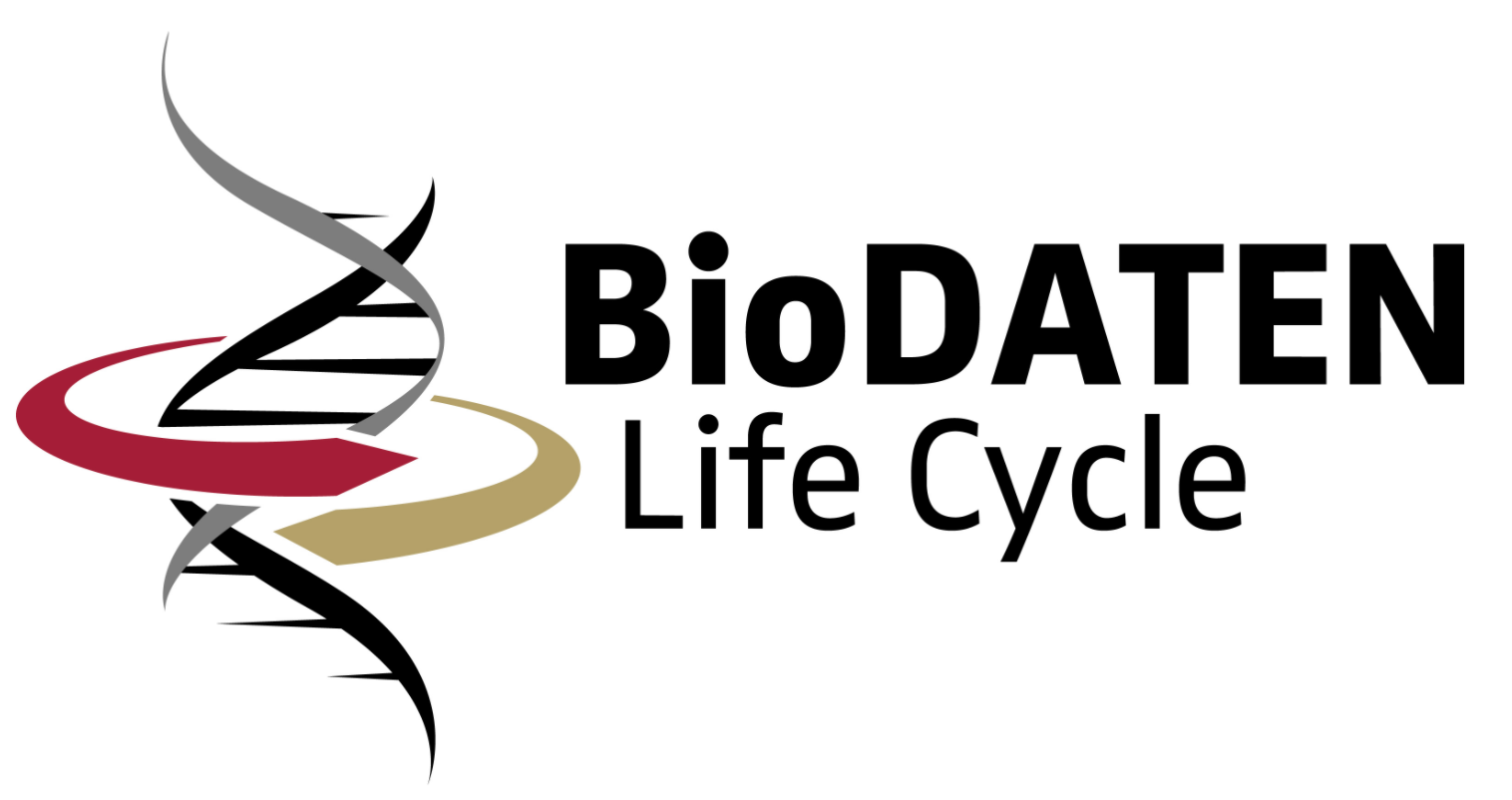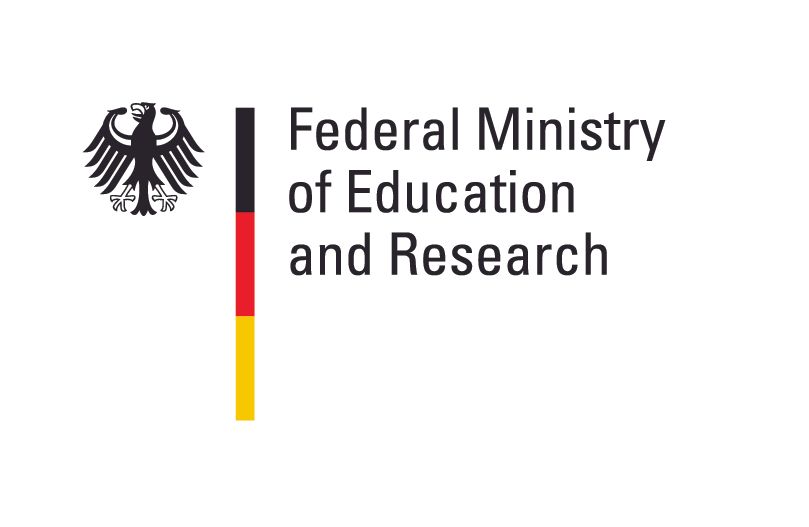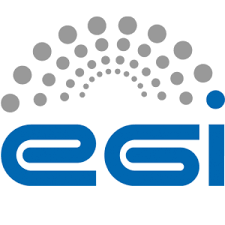UNNOFICIAL VERSION:
Fu** 2020! What a shitty year! But it’s over and we hope you and your family are safe and healthy. Stay “negative”! :)
OFFICIAL VERSION:
This has been a tough year for everyone. No matter where you were born, which social status or other conditions you live with, the pandemic has affected all of us. Science has been challenged like never before and the society and the way we humans relate to each other have profoundly changed in an unforeseen way.
For the global Galaxy community, the tragic loss of James Taylor in April increased that grief. His values are now represented by the JXTX Foundation for Open Science. Please consider contributing to the JXTX Foundation.
Despite all the bad news, we want to end it with a positive note by walking through some of the good news and progresses made this year.
New Projects
DataPLANT, a new NFDI project, started in October.
The Gallantries project also started by the end of 2020 in collaboration with other four European universities, involving members of Software Carpentry and the Galaxy Project.
EOSC-Life awarded two training projects to the European Galaxy team, one for the Climate Science community and another one for the mentoring program Open Life Science that will start in February 2021.
Three CRC projects were funded, respectively extended. The Medical Epigenetics (CRC 992), the Heterocellular Nature of Cardiac Lesions: Identities, Interactions, Implications (CRC 1425) and the SFB/Transregio 167 (NeuroMac).
New Hardware
After an evaluation of the European Galaxy Server users’ needs, the storage was extended by 750 TB in 2020 and more resources will come in 2021 - stay tuned!
COVID-19 Research
COVID-19 hit us at the beginning of the year and the global Galaxy community responded with a joined effort since February with different scientific advances, highlighting the need for open collaborative infrastructure to tackle public health emergencies. In the field of drug discovery, a virtual screening against SARS-CoV-2 main protease with around 40,000 compounds tested was designed in collaboration with the Diamond Light Source in the UK. Different data and analysis were made accessible, like the first publicly-available DRS data of SARS-CoV-2 in infected human lung epithelial cells in Europe. By the end of the year, a tool for simplified submission of SARS-CoV-2 data to open databases was developed.
All the efforts by usegalaxy.★ in Genomics, Proteomics, Evolution, and Cheminformatics are gathered in https://covid19.galaxyproject.org.
New Data
Besides the COVID-19 data, 118 plant reference genomes were added to Galaxy and the human multi-omics data from UK Personal Genome Project was made accessible, opening the door to analysing patient data for researchers and training opportunities. For the imaging community, access to public and private imaging data was made accessible through UseGalaxy.eu.
Training
The training paradigm has changed this year too, with the replacement of the in-person teaching by remote training. We described our experience and published two new preprints: A Constructivist-based Proposal for Bioinformatics Teaching Practices During Lock-down and Fostering Accessible Online Education Using Galaxy as an e-learning Platform.
Training Infrastructure as a Service has increased this year too, with more than 5,000 students trained since mid-2018 and more than 170 events organised. We received feedback from some training organisers: Denny Popp on Metagenomics, Beata Scholtz on RNA-seq data analysis, Helena Rasche described the experience with the Galaxy Admin Training, Marcel Schulz taught RNA-seq and different kinds of epigenomics data, including ChIP-seq and ATAC-seq data, Rodrigo Ortega Polo gave an introductory workshop to bacterial whole-genome sequence analysis, Leighton Pritchard gave a workshop on genome sequencing, assembly, and comparative genomics and by the end of the year, Matthias Fahrner and Melanie Föll participated in the ELIXIR Belgium workshop teaching data-dependent acquisition (DDA) and data-independent acquisition method (DIA).
Citizen Science
A crowdsourcing citizen science project has been running since the beginning of the year to help ecologists with the classification of bees.
The streetscience community has organised periodic calls all over the year. In February, the BeerDEcoded project was introduced to scientists at the beginning of a Galaxy workshop. Later in the year, the community brewed 8.5 liters of beer!
Citations
In 2020, the global Galaxy project reached a total of 10,000 publications. Only during the year 2020, 48 publications cited the European Galaxy Server. Thank you for helping us to keep this service for free by citing it!
More information about these and other updates can be found in the activity report of the last 5 years.
The European Galaxy Server reached 20,000 registered users a few months ago, more than 24,000 now at the end of the year! Thanks to all our users - we hope Galaxy was useful for your research!

